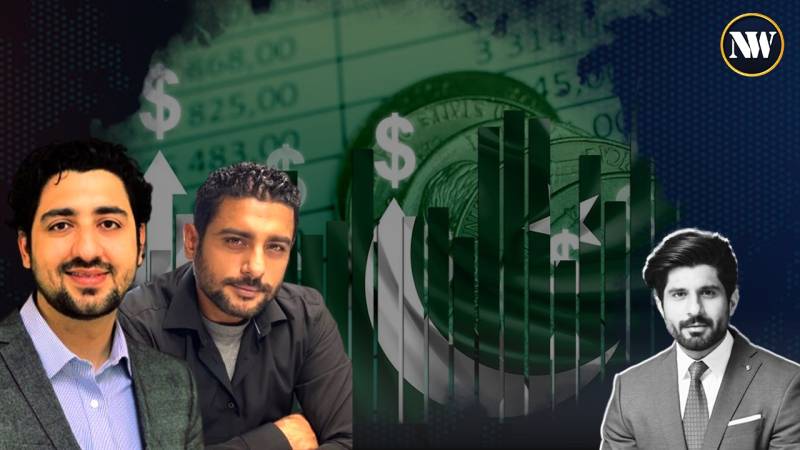The relationship between politics and economics has always been a dynamic one, and in Pakistan's case, it holds the key to understanding the hurdles the nation is grappling with. In a recent insightful discussion, two eminent economists, Dr. Danish Khan, and Dr. Sharam Azhar, shed light on the critical link between political stability and economic development, emphasizing the need for consensus among political actors to pave the way for a prosperous future.
Dr. Danish and Dr. Sharam concur that Pakistan's economic challenges are not isolated occurrences but are deeply connected to the country's political realities. The discrepancy between de jure and de facto power structures creates uncertainty and inhibits economic decision-making. Political instability has led to a cycle of inconsistent policies, hindering long-term planning and productive investments. It is evident that political stability is a fundamental prerequisite for economic growth and development.
One key takeaway from the discussion is the pressing need for a consensus among major political actors. While ideological differences are a natural part of any democracy, a minimum framework for economic development and political stability is vital. The absence of a clear consensus has led to confusion among economic agents, deterring both domestic and foreign investments. Achieving such a consensus requires setting aside differences and prioritizing the nation's well-being over partisan interests.
Dr. Danish emphasizes the importance of enhancing Pakistan's productive capacity as a cornerstone for economic progress. Incentivizing investments in export-oriented sectors can address the persistent trade deficit and create job opportunities for the burgeoning workforce. By focusing on sectors that have the potential for growth on the global stage, Pakistan can boost its export capabilities and contribute positively to its balance of payments.
Dr. Sharam highlights the significance of improving the investment climate to attract both domestic and foreign investments. Clarity on property rights, reduction of bureaucratic hurdles, and fostering a level playing field for businesses are essential steps toward creating a conducive environment for economic growth. Reforms in taxation, infrastructure development, and education are also critical components of the overarching strategy to stimulate economic progress.
The economists underscore the importance of investing in public goods, such as education and healthcare, as vital tools for human capital development. A skilled and healthy workforce is essential for driving economic growth and reducing poverty. By providing quality education and healthcare, Pakistan can empower its citizens to actively participate in the economy and contribute to its long-term development.
Dr. Danish and Dr. Sharam draw attention to global economic trends and highlight the success stories of countries like Vietnam. They emphasize the need for targeted investments, particularly in labor-intensive and export-led sectors. By learning from countries that have successfully transformed their economies, Pakistan can identify strategies that align with its unique context and goals.

